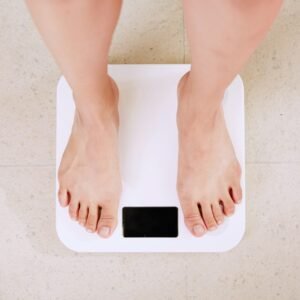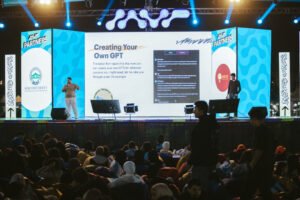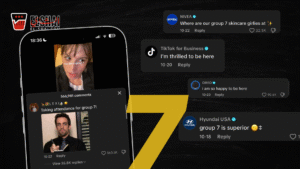Eid is all fun and games until your body starts begging for mercy after three days of nonstop kahk, fattah, and everything fried. One minute you’re enjoying a feast, the next you’re lying on the couch, regretting every bite.
If your stomach is confused, your energy is low, and your clothes suddenly feel a little tighter, don’t worry—it’s normal. Here’s how to reset and feel human again after the post-Eid food coma with the best Food Detox.
1. Hydrate Like Your Life Depends on It
After all the heavy meals, sugar, and salt overload, your body is probably screaming for water. Dehydration makes bloating, sluggishness, and post-meal fatigue even worse.
- Start your morning with a big glass of water—before coffee, before breakfast, before anything.
- Infuse your water with lemon, mint, or cucumber if you want to feel extra fancy.
- Avoid soft drinks and too much caffeine—they dehydrate you even more.
The goal: At least two liters of water a day to help your body flush out the extra salt and sugar.
2. Don’t Starve Yourself to ‘Fix’ It
Skipping meals might seem like a good idea, but your body needs fuel, not punishment. The trick is to focus on lighter, nutrient-rich foods instead of skipping food altogether.
- Go for protein and fiber—they keep you full without making you feel heavy.
- Swap deep-fried leftovers for fresh veggies, grilled protein, and whole grains.
- Start your day with something easy to digest, like Greek yogurt with fruit or a simple omelet.
The goal: Nourish your body without shocking it into survival mode.
3. Move—Even If It’s Just a Little
No, you don’t need to hit the gym and punish yourself for eating like royalty. But some movement will help your digestion, energy levels, and mood.
- A 10-15 minute walk after meals can help with bloating and make you feel less sluggish.
- Try stretching or yoga if you’re feeling too tired for full workouts.
- If you’re up for it, light cardio or strength training can help your metabolism bounce back.
The goal: Gentle movement, not extreme workouts.
4. Cut Back on Sugar (For Now, At Least)
Eid means sugar overload, and the more you eat, the more your body craves. If you’ve been feeling tired or sluggish, it’s probably the sugar crash hitting you.
- Swap dessert for fruit—your body still gets something sweet, but without the blood sugar rollercoaster.
- Reduce processed sugar where you can—no need to quit cold turkey, but less is better.
- Don’t forget about hidden sugars in sauces, juices, and snacks.
The goal: Reduce cravings and stabilize your energy levels.
5. Prioritize Sleep—Your Body Needs It
Between late Eid nights, irregular meal times, and all the social gatherings, your sleep schedule is probably wrecked. The problem? Poor sleep makes digestion, metabolism, and cravings worse.
- Try going to bed 30 minutes earlier each night to slowly reset your routine.
- Limit late-night heavy meals so your stomach isn’t working overtime while you sleep.
- Avoid scrolling on your phone before bed—blue light messes with your sleep quality.
The goal: Get back to a consistent sleep schedule to help your body recover.
6. Be Patient—Your Body Will Adjust
One weekend of overeating won’t ruin your health forever. It’s normal to feel a little off after big meals, but your body is smart. Give it the right tools—hydration, movement, sleep, and balanced meals—and it will bounce back.
You don’t need a crash diet, a detox tea, or a guilt trip. Just small, mindful changes to help you feel better.
Now, time to get back on track—at least until the next feast.
Feeling like a walking piece of kahk after Eid is normal, but your body will recover. Hydrate, eat smart, move a little, and most importantly, be kind to yourself.
What’s the one Eid food you don’t regret eating? Let us know in the comments.





